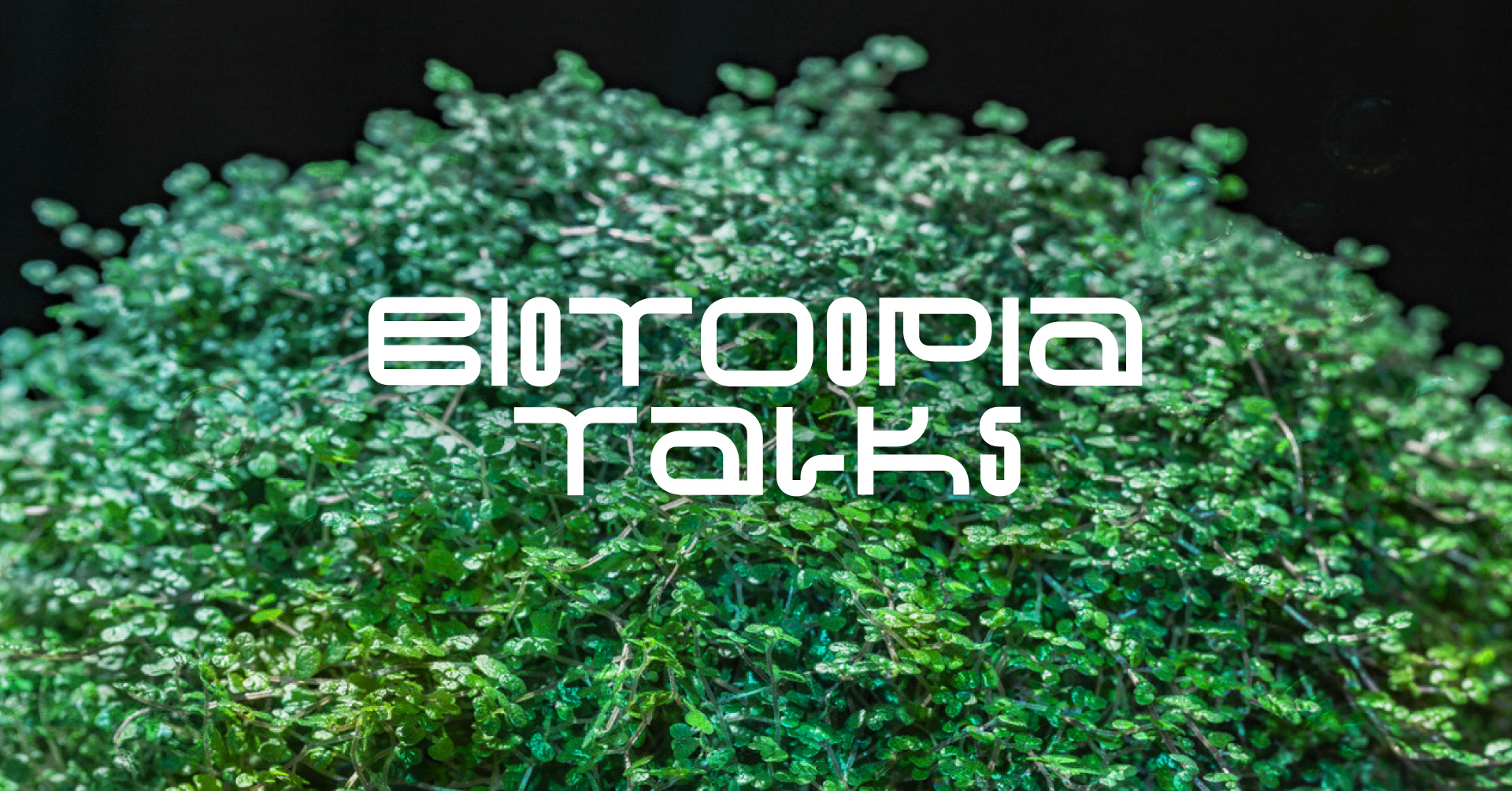news

Biotoopia discusses sound as technological inventions
The second Biotoopia Talks takes place in the Von Krahl lounge on 22 March. It is titled ‘Mammoth Ivory Flute: The Beginnings of Music in the Mesolithic’. Bright young people and specialists from the Estonian Academy of Music and Theatre will step on the stage, and the history of human development will unravel before the audience from unexpected angles.
Art and music have influenced human history since the Stone Age. Throughout evolution, meaningful beauty has emerged in the shape of art and sound, creating a fertile ground for scientists to study human development from new aspects. ‘Art and music were technological inventions which started affecting collective cohesion and made the next technological leaps possible. If language was the human operating system 2.0, then art and music are the operating system 3.0,’ said Peeter Laurits, artist, and curator of Biotoopia.
The March evening’s discussion will be moderated by two students, who will focus on the connections between science and beauty. Moderator Aurora Ruus studies philosophy at the University of Tartu and musicology at the Estonian Academy of Music and Theatre. The second moderator of the evening is the young composer, multimedia artist and author Gregor Nikolai Kulla (Estonian Academy of Music and Theatre), who has penned both reviews and music critique. ‘This is an extremely interesting subject. For example, we know that the locations of cave paintings are in the places with the best acoustics. In addition, the larger paintings are found in the more resonant spaces, often depicting musical instruments. As caves are large and dark, people probably used not only light but also sound to guide them,’ says Gregor.
Young people will raise questions about the beginnings of the world and humanity, showing the audience how current archaeological finds extend into the more abstract world of sounds, in addition to their scientific and visual value. ‘In order to have a wide-ranging discussion, we will have among us a music historian who will discuss early music and its development. And of course, we’ll have composers of contemporary music, who are working with the centuries-old art form in a modern key,’ remarked Ruus.
Representing the scholars of the Estonian Academy of Music and Theatre at the discussion are Liisa Hirsch, who is primarily interested in microtonal music which embraces the primary impulses of sound; musicologist and professor, respected lecturer in contemporary music Toomas Siitan, who focuses on studying early music and contemporary composition; and composer and senior lecturer in contemporary music Taavi Kerikmäe, who will contemplate the questions of the essence of music.
After the discussion, the Biotoopia community will have a gathering in the same room. All our guests are welcome to offer their thoughts and hopes and give us feedback on the pursuits of Biotoopia.
The discussion will be in Estonian. Admission is free, but we would like to ask you to register your participation in advance at https://forms.gle/bvjMFzVGnP51YN2t6. Guests are welcome to arrive early, so we can check your COVID-19 certs and chill and enjoy the atmosphere. Von Krahl is open as usual. The event can be followed live on https://www.facebook.com/biotoopia.
Biotoopia Talks are organised by the Estonian Anthropocene Center NPO in collaboration with Von Krahl Theatre and Estonian national broadcast channel ERR.ee, with the aim to involve young people in discussions on science and environment and to limber up for the next Biotoopia Forum on 17-19 August 2022 at Viinistu Art Harbour. The Talks are supported by the Tallinn Culture Department. The development of the Biotoopia community is supported by the National Foundation of Civil Society.